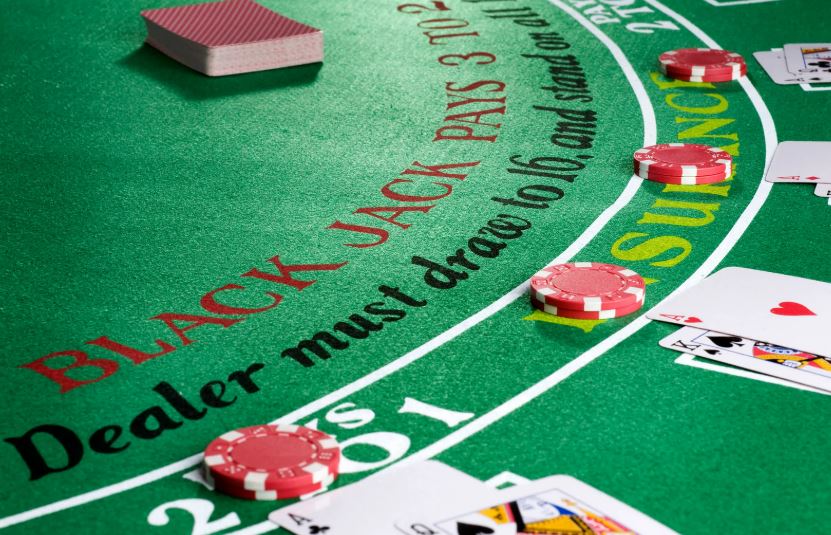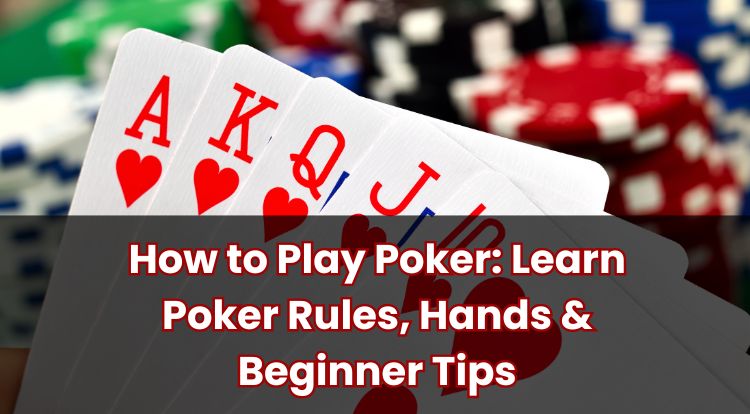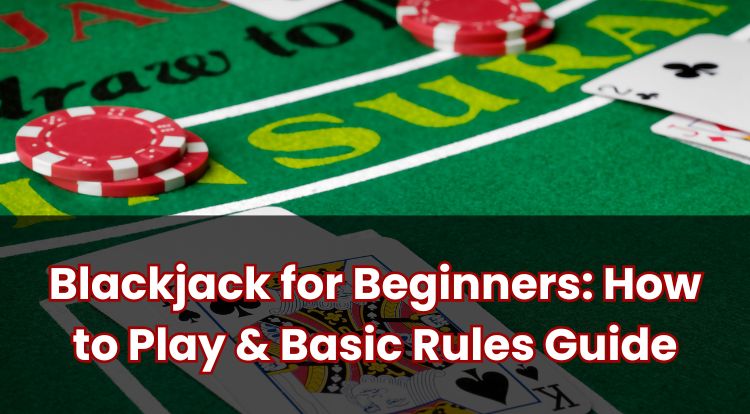Blackjack and Pontoon: Comparing Popular Card Games
Card games have long been favourites in the UK, both at the tables and online. Two that often get compared are blackjack and pontoon. They may look alike at first glance, but the way each one plays out gives them very different characters.
If you want a clear, no-nonsense guide to how blackjack and pontoon work, how they compare, and what to expect when playing them at a licensed online casino, you’re in the right place. Below, you’ll find the key features, rules, and differences set out in a simple, practical way. Read on to learn more.
What Makes Blackjack and Pontoon Different?
Blackjack and pontoon share familiar building blocks but use them in different ways. One of the first things you will notice is how the hands begin. In blackjack, your two cards are usually dealt face up, and the dealer takes one card face up and one face down. In pontoon, both of your cards are dealt face down, and the dealer’s cards remain hidden until the end of the round. That changes what you can see and how you judge each decision.
The top two-card hand also carries different names. An ace with any ten-value card is called a blackjack in one game and a pontoon in the other. The actions follow a similar pattern, but with different terminology. Where blackjack uses hit, stand and double down, pontoon uses twist, stick and buy. Buying involves placing an extra wager for more cards, and in many versions you can continue to receive additional cards after buying, which is not the case with a standard double down in blackjack.
Some outcomes are resolved differently as well. In many pontoon rulesets, the dealer wins ties, which is a notable shift from blackjack where a tie is usually a push and your stake is returned. There are also specific rules around the dealer drawing on certain totals, especially when an ace is in the hand.
Players should always remember to gamble responsibly and within their means- never wager more than you can afford to lose.
How Do the Rules of Blackjack Work?

Blackjack uses one or more standard 52-card decks. You receive two cards face up, the dealer takes one face up and one face down, and the round begins. The aim is simple to grasp: finish closer to 21 than the dealer without going over. Go past 21 and your hand busts. Number cards are worth their face value, face cards count as ten, and an ace can count as one or eleven.
After the initial deal, you choose how to proceed. Hitting takes another card, standing ends your turn, and doubling down increases your stake and gives you exactly one additional card. If your first two cards have the same value, you may be able to split them into two separate hands, each played in turn. Some tables also offer optional side bets and insurance, which you can ignore if you prefer a cleaner game.
If your first two cards make 21, that is a blackjack. Many games pay 3:2 for this, while standard winning hands pay 1:1. If you and the dealer finish on the same total, it is usually a push and your original stake is returned. Rules do vary by table, so it might be a good idea to check the on-screen help for details such as whether the dealer draws on a soft 17 and what limits apply.
How Do the Rules of Pontoon Work?
Pontoon aims for the same target as blackjack, but the rhythm of play feels different. Everyone receives two cards face down, including you, and your choices use the game’s own terms. Twist for another card, stick to end your turn, or buy to place an extra wager and take more cards. If your first two cards are an ace and a ten-value card, that is a pontoon and it sits at the top of the hand rankings.
Card values mirror blackjack, with number cards worth their number, face cards worth ten, and the ace switching between one and eleven to suit your hand. Many versions require the dealer to draw until reaching at least 17, and special attention is paid to hands containing an ace because the total can be counted in two ways. In a lot of pontoon rulesets, ties go to the dealer, which changes how close margins play out compared with blackjack.
Pontoon also highlights the five-card trick, which is any five-card hand totalling 21 or less. Depending on the table, this can outrank other non-pontoon hands. As with any casino game, it could be a good idea to read the rules panel to see exactly how buying works, whether splitting is allowed, and where the five-card trick sits in the rankings.
Blackjack vs Pontoon: Which Game Is Easier to Learn?
Both games are accessible, though they click with people in slightly different ways. Blackjack is often picked up more quickly because the actions are straightforward and most of the information is visible on the table. Seeing everyone’s starting cards reduces the guesswork and helps new players follow what is going on.
Pontoon can feel a touch more involved at first. The hidden cards create a bit more uncertainty, and the terms twist, stick and buy may be unfamiliar until you have a few rounds under your belt. Once the vocabulary and flow make sense, many players enjoy the added layers, especially the way buying can extend a hand.
Whichever you lean towards, on-screen rules and paytables make it simple to confirm how that particular version plays, so you can build confidence at your own pace.
Play Slots & Online Casino Games
Card Values and Hands in Blackjack and Pontoon
Both games use standard decks and the same core values, so once you are comfortable with those, you can move between them easily. Number cards from two to ten are worth their number, face cards count as ten, and the ace can be one or eleven. When an ace is counted as eleven, you have what is often called a soft total, because the ace can drop to one if a new card would otherwise make you bust. A hard total has no such flexibility.
The top two-card hand is an ace with a ten-value card. It is called blackjack in blackjack and pontoon in pontoon. You will see it relatively rarely, landing roughly once in twenty-one rounds on average. In pontoon, a five-card trick is another special case: five cards totalling 21 or less. Some tables give it a distinct place in the rankings or a special payout.
Payouts and Winning Hands Explained
How wins are paid depends on the specific table rules, but a few patterns are common. In blackjack, a two-card 21 usually pays 3:2. So a £10 stake would typically return £15 in winnings plus your £10 stake. Regular winning hands generally pay 1:1, and if you and the dealer finish on the same total, that is usually a push with your stake returned.
Pontoon handles things differently. A pontoon often pays 2:1, and many versions also pay 2:1 for a five-card trick. Regular winning hands usually pay 1:1, but remember that ties often go to the dealer in pontoon rather than resulting in a push. Using the same £10 example, a 2:1 payout would return £20 in winnings plus your original £10.
Providers can set their own variations, so it could be worth checking the paytable within the game menu to see the exact payouts and any house rules that might affect them.
Play Casino Games Online
If you would like to explore these games from home, our Casino site offers a wide selection, all licensed and regulated in the UK. You will find classic tables, modern variants, and clear in-game rules so you can see exactly how each version works before you play.
We keep things straightforward. Each game includes helpful guides, and you can set personal limits that suit your budget. Transactions and gameplay are protected by secure technology, and support is easy to reach if you need a hand.
Whether you want to try blackjack, pontoon, or something new, you can browse our library, compare the rules, and choose a table that fits how you like to play. When you are ready, create your account and see what you enjoy most.
**The information provided in this blog is intended for educational purposes and should not be construed as betting advice or a guarantee of success. Always gamble responsibly.
*All values (Bet Levels, Maximum Wins etc.) mentioned in relation to these games are subject to change at any time. Game features mentioned may not be available in some jurisdictions.
































































